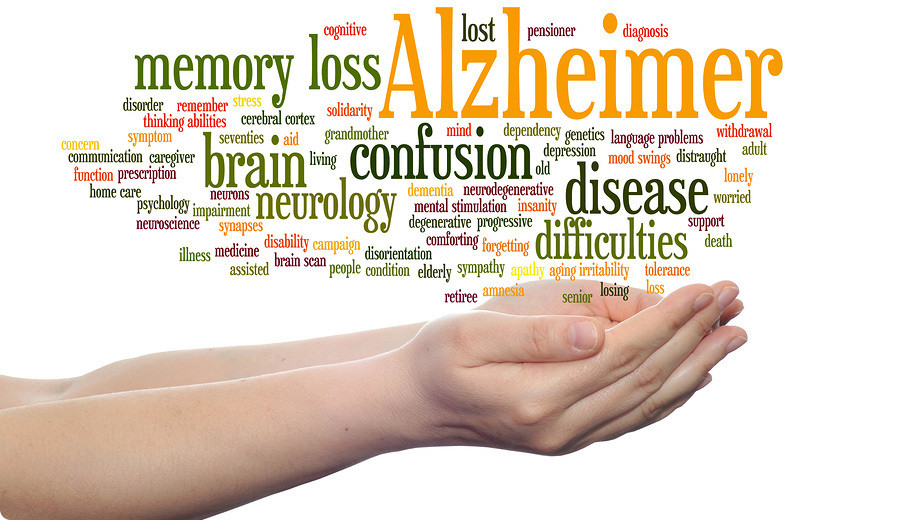OBM Neurobiology is an international peer-reviewed Open Access journal published quarterly online by LIDSEN Publishing Inc. By design, the scope of OBM Neurobiology is broad, so as to reflect the multidisciplinary nature of the field of Neurobiology that interfaces biology with the fundamental and clinical neurosciences. As such, OBM Neurobiology embraces rigorous multidisciplinary investigations into the form and function of neurons and glia that make up the nervous system, either individually or in ensemble, in health or disease. OBM Neurobiology welcomes original contributions that employ a combination of molecular, cellular, systems and behavioral approaches to report novel neuroanatomical, neuropharmacological, neurophysiological and neurobehavioral findings related to the following aspects of the nervous system: Signal Transduction and Neurotransmission; Neural Circuits and Systems Neurobiology; Nervous System Development and Aging; Neurobiology of Nervous System Diseases (e.g., Developmental Brain Disorders; Neurodegenerative Disorders).
OBM Neurobiology publishes a variety of article types (Original Research, Review, Communication, Opinion, Comment, Conference Report, Technical Note, Book Review, etc.). Although the OBM Neurobiology Editorial Board encourages authors to be succinct, there is no restriction on the length of the papers. Authors should present their results in as much detail as possible, as reviewers are encouraged to emphasize scientific rigor and reproducibility.
Publication Speed (median values for papers published in 2024): Submission to First Decision: 7.6 weeks; Submission to Acceptance: 13.6 weeks; Acceptance to Publication: 6 days (1-2 days of FREE language polishing included)
Topical Collection
Behavioral Symptoms of Dementia
Editor
Ladislav Volicer, MD, PhD
Courtesy Full Professor, School of Aging Studies, College of Arts and Sciences, University of South Florida, Tampa, FL, 33620, USA
External Professor, 3rd Medical Faculty, Charles University, Prague, Czech Republic
Website | E-Mail
Research Interests: Dementia; Alzheimer's disease; Palliative care; Medical ethics; Behavioral symptoms of dementia

Topical Collection Information
Behavioral symptoms in persons with progressive degenerative dementias are often more disabling and more difficult to manage than cognitive impairments. Therefore, there is a need for more information about this topic and the planned special issue will provide it. It is important to differentiate between two main syndromes: agitation and rejection of care. Agitation often happens when the person with dementia is solitary and not interacting with other people. Rejection of care happens during care activities when the person with dementia does not recognize the intent of the care provider and the need for care. If the care provider insists on providing care, the person with dementia defends himself/herself from unwanted attention and may become combative. The person may then be labeled as assaultive or aggressive, while he/she perceives the care provider as an aggressor. The distinction between agitation and rejection of care/aggression is important because different non-pharmacological strategies are needed for managing these behavioral symptoms. Agitation is often caused by boredom and can be prevented by provision of meaningful activities. Aggression is best managed by improved communication and by modification of care strategies. There is disagreement among the experts if aggression should be considered part of agitation. I am sure that the special issue will provide different points of view that will address this controversy.
Publication (8 papers)
Abstract
| In the UK, 25,000 people from ethnic minority background live with dementia. Although dementia associated risk factors are common amongst South Asians, they tend to present at services later and when in crisis. This review explores UK South Asian communities perception of dementia to und [...] |
Abstract
| Neuropsychiatric symptoms (NPS) affect nearly all persons living with dementia (PLWD) at some point during the course of the disease. Given the absence of a cure or effective pharmacotherapy for dementia, it is particularly important to prevent, measure, track, and manage NPS in dementia care. Unfor [...] |
Abstract
| Through the assessment of previous and current literature on the behaviors experienced by persons with dementia, this review discusses the terminology, conceptual models, measurement techniques, and non-pharmacological interventions employed within behavioral research. Additionally, this review cons [...] |
Open Access
Original Research
Abstract
| Background: Studies of the effectiveness of psychosocial interventions indicate that sensory stimulation is a promising approach to reduce psychological and behavioural disturbances in people with dementia. A relatively new approach is enriched multi-sensory stimulation. Enriched multi-sensory stimu [...] |
Abstract
| Purpose of Review: Dementia is a progressive and debilitating condition that affects millions of patients in the United States with an enormous impact on healthcare costs, caregivers, and society. Patients with dementia often experience dementia-related neuropsychiatric disturbances, commonly known [...] |
Abstract
| Background. Mania in older adults is associated with a high rate of medical and neurological disease.
Objective. The goal of this review is to describe the phenomenon of manic episodes in patients suffering from dementia.
Methods. Medline and Google Scholar searches were conducted for relevant artic [...] |
Abstract
| Simplifying the cause of Alzheimer’s disease has lulled the public into believing that the search for a cure is within reach. The disease has captured the attention of researchers worldwide, catapulting the disease as the third most funded research interest (after cancer and HIV). But after a centur [...] |
Abstract
| Behavioral symptoms of dementia |



